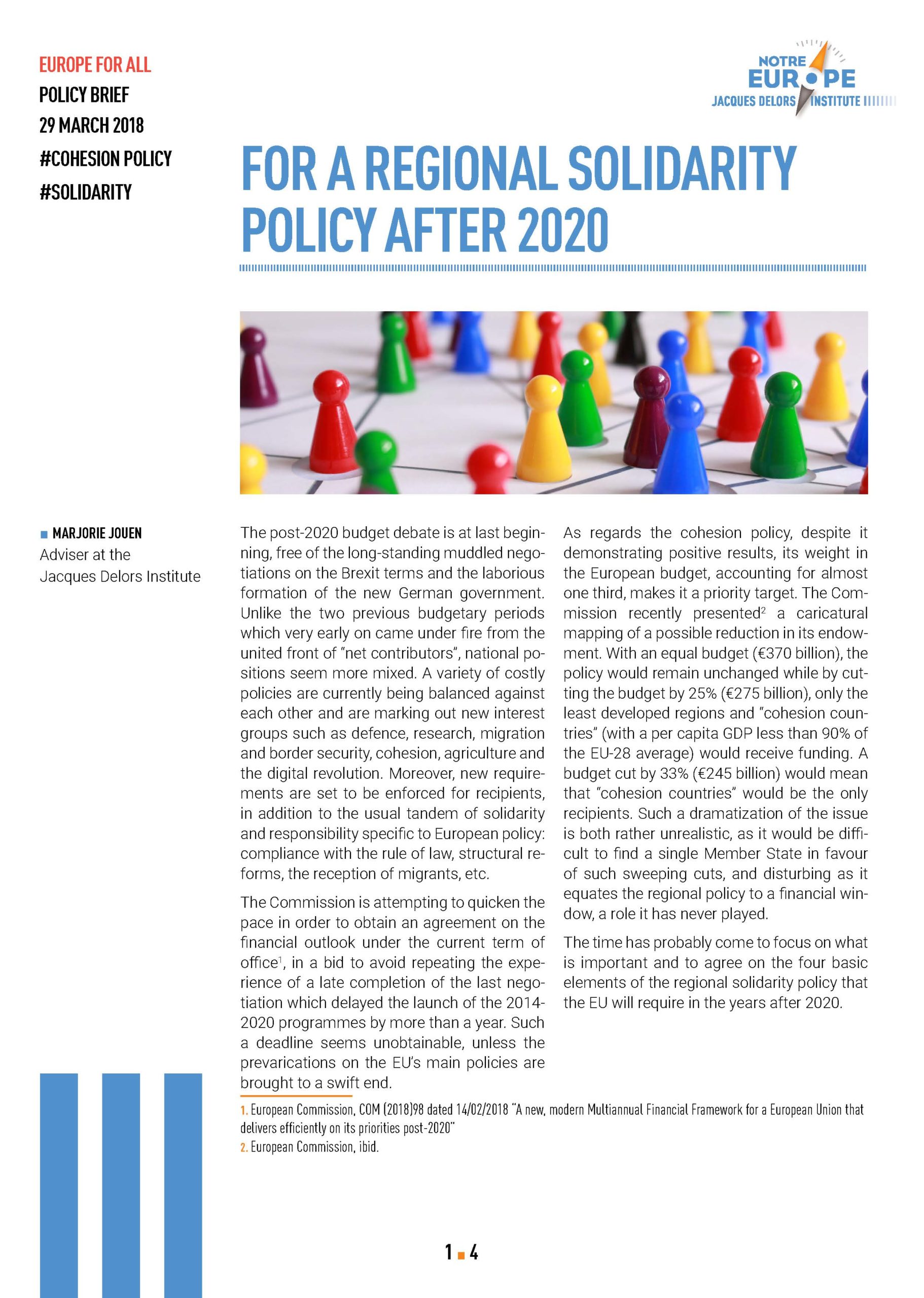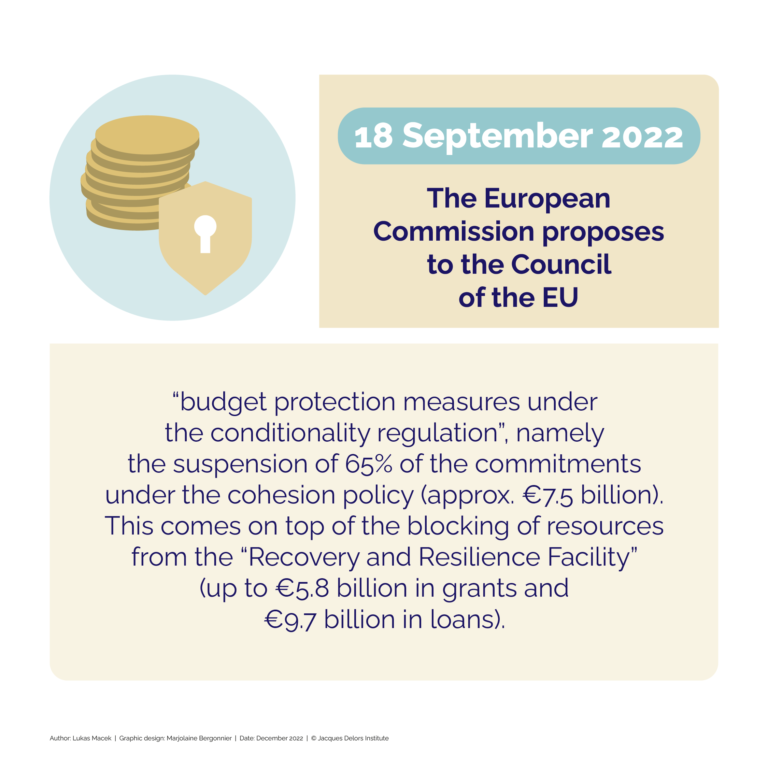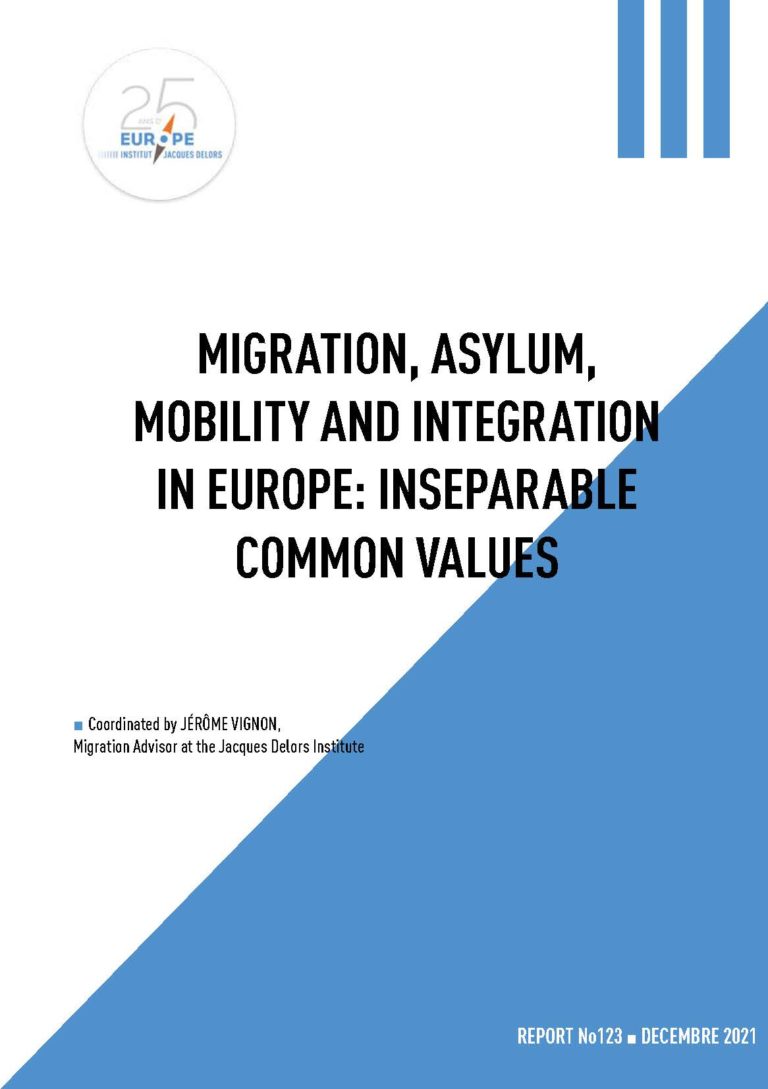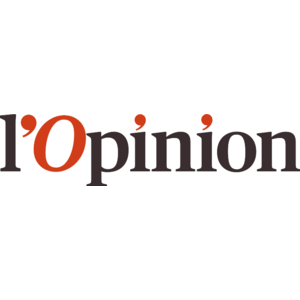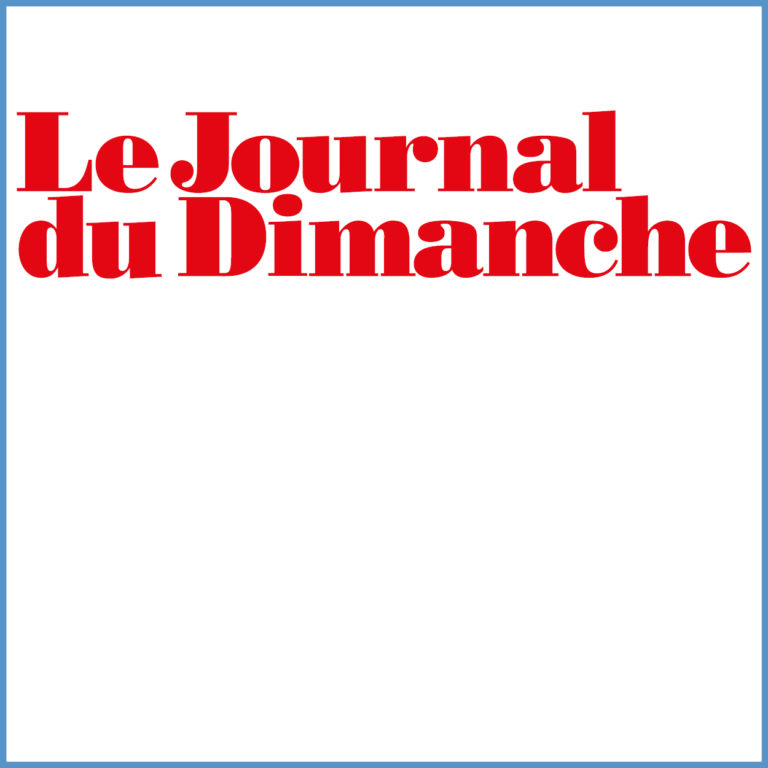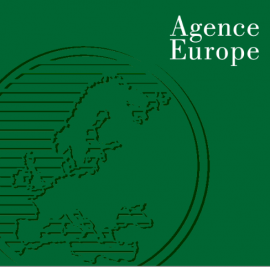Brief
For a Regional Solidarity Policy After 2020
The post-2020 budget debate is at last beginning, free of the long-standing muddled negotiations on the Brexit terms and the laborious formation of the new German government. The Commission is attempting to quicken the pace in order to obtain an agreement on the financial outlook under the current term of office. As regards the cohesion policy, despite it demonstrating positive results, its weight in the European budget, accounting for almost one third, makes it a priority target.
The Commission recently presented a caricatural mapping of a possible reduction in its endowment. With an equal budget (€370 billion), the policy would remain unchanged while by cutting the budget by 25% (€275 billion), only the least developed regions and “cohesion countries” (with a per capita GDP less than 90% of the EU-28 average) would receive funding. A budget cut by 33% (€245 billion) would mean that “cohesion countries” would be the only recipients. Such a dramatization of the issue is both rather unrealistic, as it would be difficult to find a single Member State in favour of such sweeping cuts, and disturbing as it equates the regional policy to a financial window, a role it has never played.
According to Marjorie Jouen, adviser at the Jacques Delors Institute, the time has probably come to focus on what is important and to agree on the four basic elements of the regional solidarity policy that the EU will require in the years after 2020.
SUR LE MÊME THÈME
ON THE SAME THEME
PUBLICATIONS
The power struggle between the European Union and Hungary

Welcoming Ukrainian refugees in the EU

Migration, asylum, mobility and integration in Europe: inseparable common values

MÉDIAS
MEDIAS
War in Ukraine Bolstered EU Solidarity—Will it Last?

La solidarité financière, solution fragile de l’UE à la flambée de l’énergie

L’Unione europea si salva solo se ripartiamo dalla solidarietà tra gli Stati

Crise de l’énergie : la solidarité européenne passera-t-elle l’automne ?

Energie : un échange gagnant-gagnant entre la France et l’Allemagne ?

L’Union européenne va tenter de diminuer sa consommation de gaz, mais est-ce vraiment possible ?

EU solidarity frays as some member states question plan to slash gas use

EU solidarity frays as nations question plan to slash gas use

Défi énergétique, le choix de la sobriété

Face à la perspective d’un hiver sans gaz russe, les États européens appelés à la solidarité

L’actualité littéraire – Souveraineté et solidarité, un défi européen

“El fondo de recuperación es una victoria”

“Si l’attachement des Français aux fondamentaux de l’Europe est toujours là, le soutien à l’appartenance à l’UE est de plus en plus critique”

Le déficit de solidarité en Europe peut conduire au repli nationaliste

“Les détails pratiques de la mise en œuvre des ‘coronabonds’ seront plus importants que l’instrument choisi”

“Mon rêve c’est que l’Europe devienne leader sur les grans sujets à venir”

“Tout ce qui a pu être fait en matière de coordination a été fait, tout ce qui est financement pas encore.”

“Un plan de relance est nécessaire pour tourner la page de cette 1e phase de réponse européenne”

“Do not underestimate growing euro-frustration” among Italians.

“The EU’s lack of preparations, its powerlessness, its timidity, are staggering”

Eurogroup meeting: economic sovereignty and defending the single market were the elements to build a rapprochement

Mario Monti and Pascal Lamy call for joint issuance of public debt at EU level

Eurogroupe: “on peu trouver un accord si on met les drapeau de guerre de côté”

“L’Italia questa volta si gioca l’osso del collo”

“Il va nous falloir un énorme bazooka financier”

“Italia y España no piden limosnas, sino una solución europea a esta crisis”

“le Conseil européen a montré une nouvelle fois son caractère dysfonctionnel”










